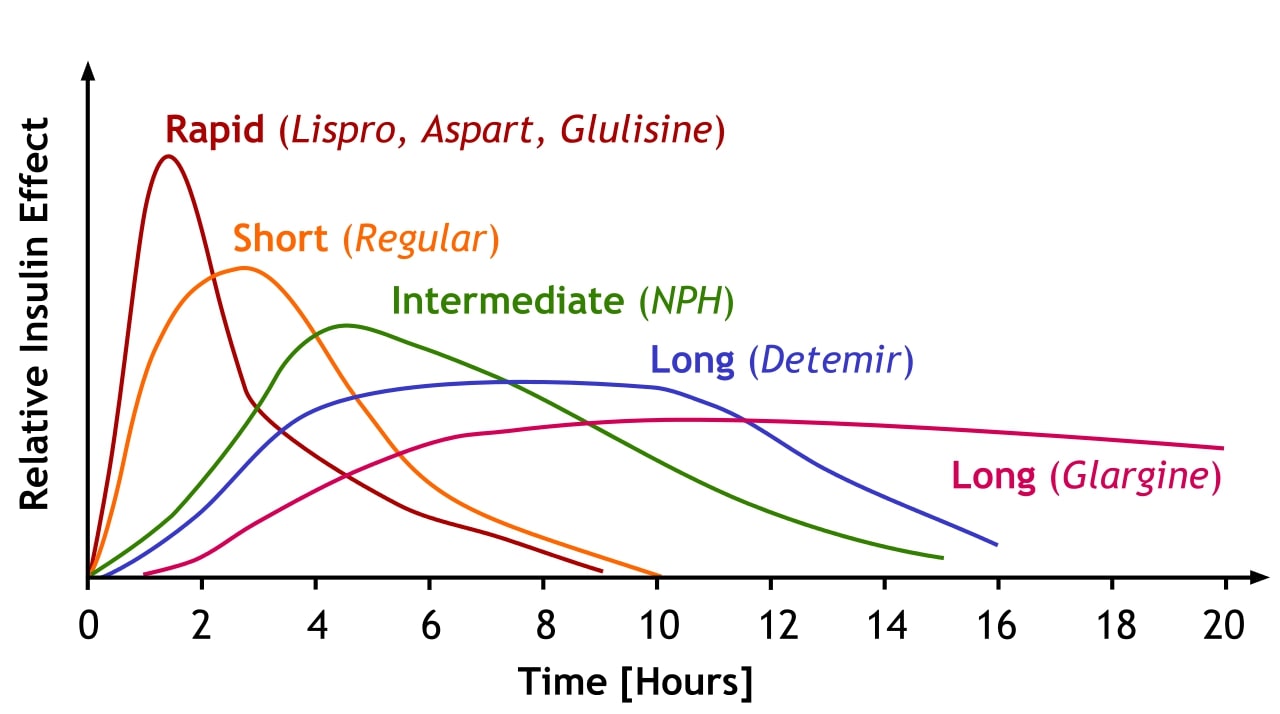
Individuals with 3-hydroxyacyl-CoA dehydrogenase deficiency are also at risk for complications such as seizures, life-threatening heart and breathing problems, coma, and sudden death. Insulin controls the amount of sugar that moves from the blood into cells for conversion to energy. Affected individuals can also have muscle weakness (hypotonia), liver problems, low blood sugar (hypoglycemia), and abnormally high levels of insulin (hyperinsulinism). Database of Single Nucleotide Polymorphisms (dbSNP)ģ-hydroxyacyl-CoA dehydrogenase deficiency is an inherited condition that prevents the body from converting certain fats to energy, particularly during prolonged periods without food (fasting).\n\nInitial signs and symptoms of this disorder typically occur during infancy or early childhood and can include poor appetite, vomiting, diarrhea, and lack of energy (lethargy).

Database of Genomic Structural Variation (dbVar).Online Mendelian Inheritance in Man (OMIM).Database of Genotypes and Phenotypes (dbGaP).Structure (Molecular Modeling Database).Conserved Domain Search Service (CD Search).



 0 kommentar(er)
0 kommentar(er)
